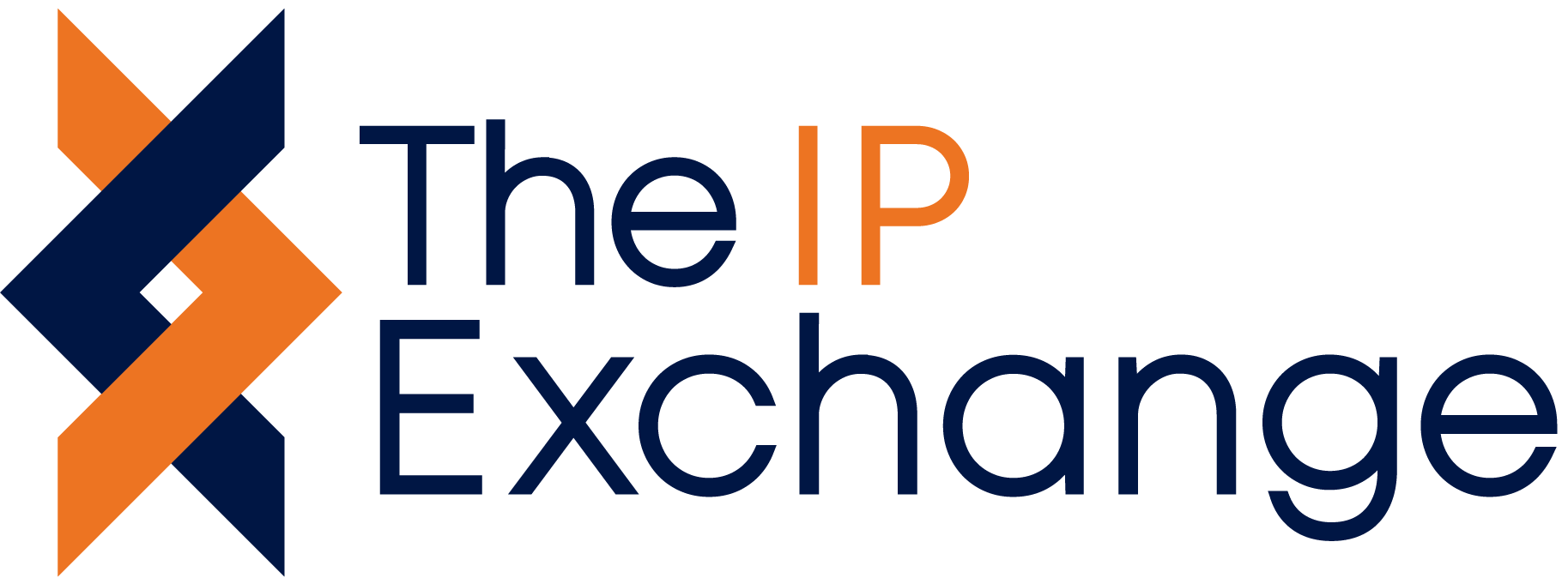Innovators
It starts with your idea.
Once you share your idea, invention or research with IPX, a dedicated Licensing Officer works with you to evaluate the need for protection, which often involves a patent or copyright application, the potential value and real-world applications and the ideal route to commercial viability. The Licensing Officer will help you engage industry or other partners and negotiate agreements with partners wishing to license your creation.
Already familiar with IPX?
Jump straight to the Resources page to find the forms and documents you’re looking for.
Contact IPX
Contact our staff directly. We will quickly assist you or connect you with someone who can.
570 Devall Drive, Suite 102 and 104
Auburn, Alabama 36832
ipx@auburn.edu
(334) 844-4977
The Process
Innovate and Disclose
Across Auburn’s campus, innovative research spurs development of new ideas with the potential to improve the world. When these ideas are suited for commercialization, IPX’s Licensing Officers can assist in the process. It’s never too early to talk to our office. In fact, it’s important to disclose your innovation as soon as possible. Disclosing your invention is a requirement of your employment and allows Auburn to fulfill its obligations to the federal government and other research sponsors. Academic Technology Transfer primarily exists because of the Bayh-Dole Act of 1980, allowing nonprofit institutions and small businesses to own inventions whose development was supported by federal research dollars.
Publication is an important tool for academic research, but it may diminish IP rights if not coordinated with IP protection. Engaging IPX before publication improves commercial viability and accommodates sponsor requirements without disrupting your publications.
Evaluate and Assess
IPX uses inventor input, internal research, and outside expertise to identify appropriate markets for disclosed inventions. Our staff members have terminal degrees in varied disciplines, providing in-depth perspective. External consultants and industry contacts also offer insight into an invention’s potential.
Based on the evaluations, IPX works with the inventor on a case-by-case basis to determine the best strategy for each technology, maximizing its impact. Translational funding opportunities, such as Auburn’s LAUNCH program, may help mature the technology towards commercial activity.
Protect IP
Some Auburn research may be readily adopted and can be promoted through publication or extension. Other technologies may require significant investment from outside development partners before being taken to market. For these, tools such as patents and copyrights protect the IP and mitigate a partner’s risk. These steps ensure that Auburn innovations have the broadest possible impact and drive research forward.
Licensing Officers provide strategic advice on how and when to utilize IP protection for an invention. The best time to have that conversation is before the first public disclosure, including journals, conferences, and thesis publications.
Engage Partners
Developing long-term partnerships and early and frequent engagement with external parties helps Auburn innovation be responsive to market needs and deliver the most impact for public benefit. IPX employs multiple strategies for identifying potential partners. From marketing data packets and websites to personal contacts and marketing firms, various avenues are used to promote a technology and locate the ideal partner. The best leads often come from the innovators. Some innovations are licensed to large companies, while others are best suited for startups.
Negotiate Agreements
Once the appropriate partner(s) has been recruited, a well-crafted license lays the groundwork for commercialization. IPX has many years of experience negotiating “win-win” agreements with our development partners. When a technology is successfully commercialized, it benefits society, strengthens Auburn’s community and industry relationships, and provides financial rewards to the inventors personally, and to Auburn to support the research enterprise.
Commercialize
Auburn’s licensee will conduct additional R&D necessary to bring the innovation to the market. IPX will continue to work with our development partners post-license to insure they are diligently working to move Auburn ideas to impact. It is very likely that the innovator will be involved in this process either through sponsored research, as a consultant, or an entrepreneur leading a new startup to launch a product or service.
Frequently asked questions
Who do I contact about my innovation?
IPX Licensing Officers will be your first point of contact. Schedule a meeting with one of them to discuss your innovation and learn about the IP protection and commercialization process. They can provide guidance on how best to protect your idea and next steps you should take.
When are my innovations ready to disclose?
Licensing Officers can speak about innovations at all stages of development. Engaging IPX before publication maximizes IP opportunities.
How do I submit my innovation to IPX?
Contact IPX or the Licensing Officer in your field for assistance.
Can I patent and publish?
Yes! Patents and publications can work in concert. Contact us before publishing to learn how.
Can I be involved in commercialization?
Most university employees are allowed to participate in commercialization activities. This includes marketing the technology or possible involvement with a start-up company. Contact IPX to learn the process and discuss best options.
What happens to revenue received by Auburn?
Revenue is shared according to the university patent policy.
Are there any official Auburn policies governing inventions and other creative works?
Policy for patentable inventions: Patent Policy. Policy for copyrightable materials: Policy Governing the Creation of Copyrighted Materials.


